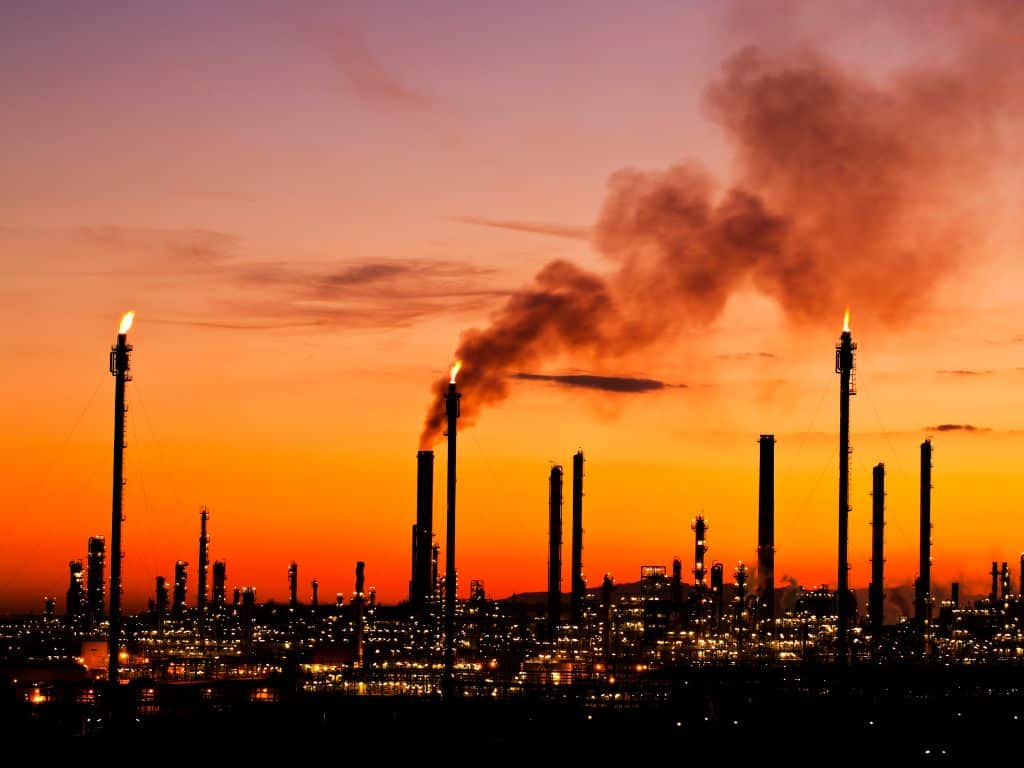As the Ukraine invasion boosted spending on clean energy, the world’s fossil fuel demand and carbon emissions are expected to peak this decade in what the International Energy Agency (IEA) described as a “historic turning point”.
—
Thanks to the massive government spending on clean fuels in response to the war in Ukraine, global carbon emissions from energy are expected to peak in 2025, according to the International Energy Agency’s annual World Energy Outlook (WEO) report published on Thursday.
Despite causing a short-term boost in the demand for oil and coal, the crisis accelerated the shift to greener alternatives including renewables and, in some cases, nuclear as well as a faster electrification of the transportation sector with a rapid expansion of the electric vehicles (EVs) market.
Planned investments in renewables in response to the energy crisis – incentivised by the historic US Inflation Reduction Act, the EU’s emissions reduction package, and actions by countries such as Japan, South Korea, China, and India – would lead to fossil fuel demand including gas, oil, and coal topping out towards the end of this decade.
You might also like: Wind and Solar Power Production in EU Hits Record Amid Energy Crisis
The world’s leading energy organisation described this as a “pivotal moment” and a “historic turning point” for the world.
“After rapid growth in gas consumption in the last 10 years, we think the golden age of gas is coming to an end,” Fatih Birol, head of the IEA, said in an interview. “Together with the decline in coal and oil that we were already expecting, we now see a peak around 2030 for all fossil fuels.”
Despite the good news, the world is nowhere near capping global warming below the Paris Agreement target of 1.5C. Quite the opposite, the planet is expected to heat up between 2.1C and 2.9C by the end of the century compared to pre-industrial level, a UN report published earlier this week found.
Both studies agree that the world has not been investing enough in energy in recent years, reason for which the net-zero by 2050 scenario is out of reach. Getting on track for it “will require a tripling in spending on clean energy and infrastructure to 2030”, the IEA said. That means investing around US$1.3 trillion in renewable energy yearly from now until the end of the decade.
With COP27 2022 coming up in November, it is now time for governments to take decisive steps to update their Nationally Determined Contributions (NDC) to stall global warming.
You might also like: COP26 One Year Later: How Much Progress Have We Made?


















